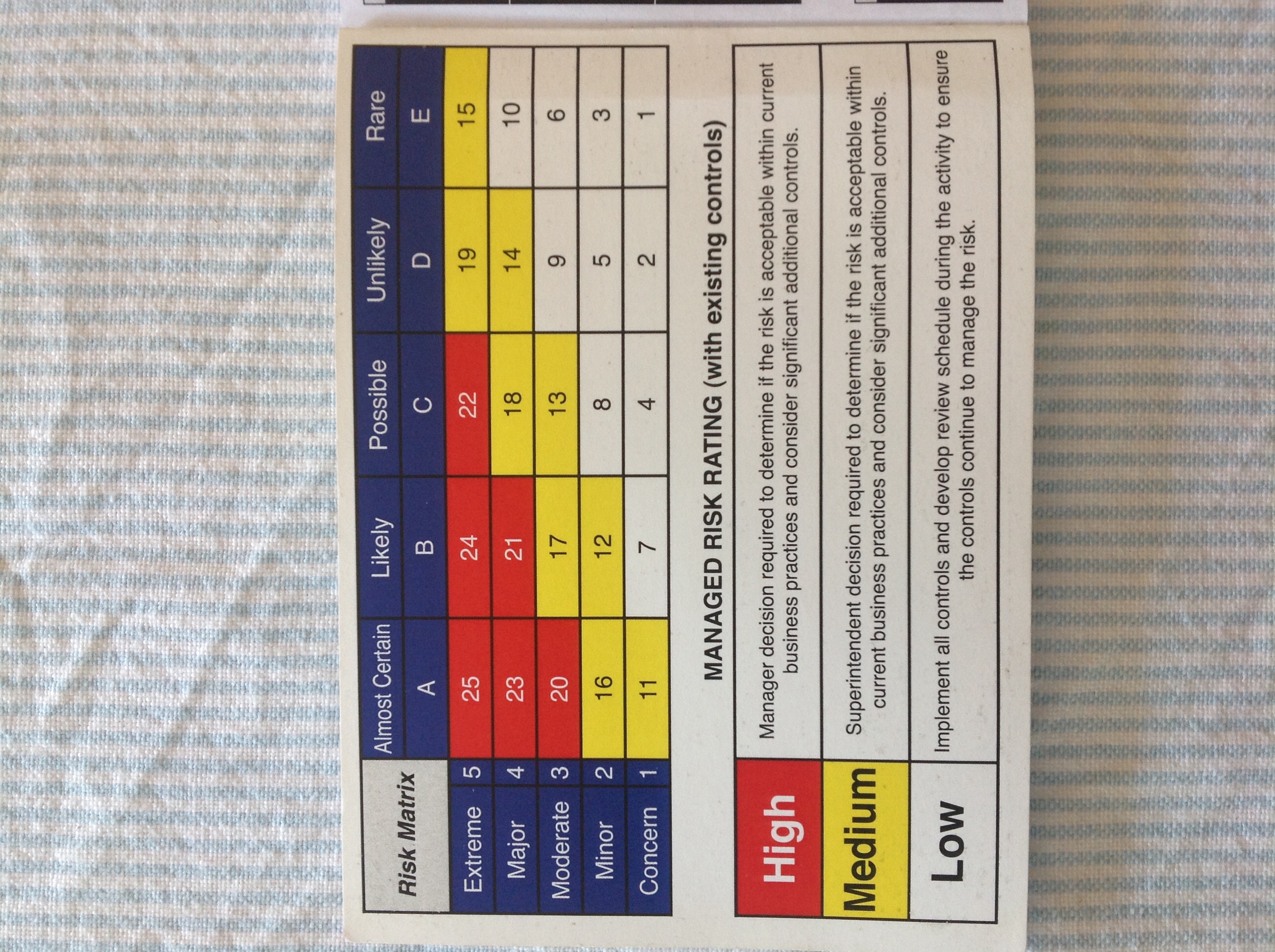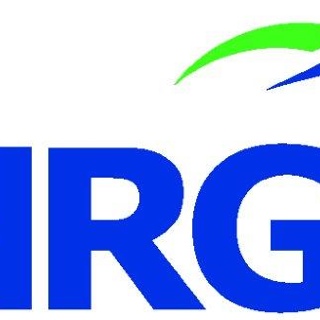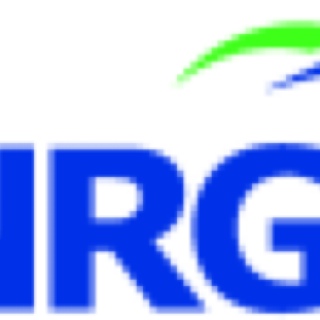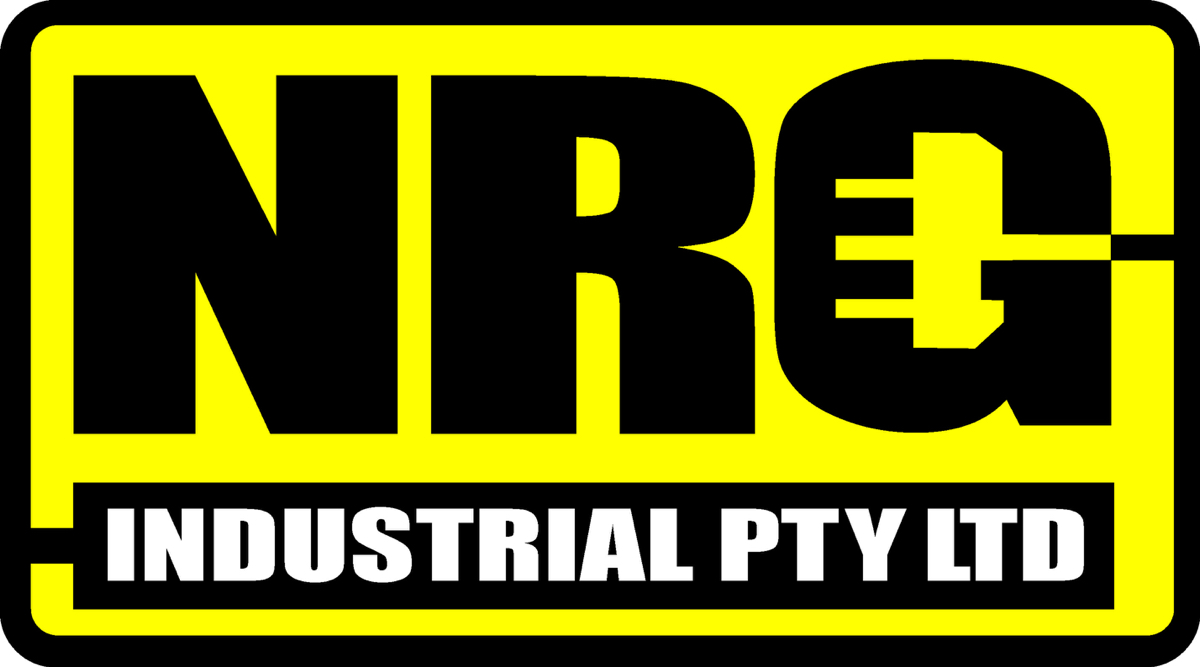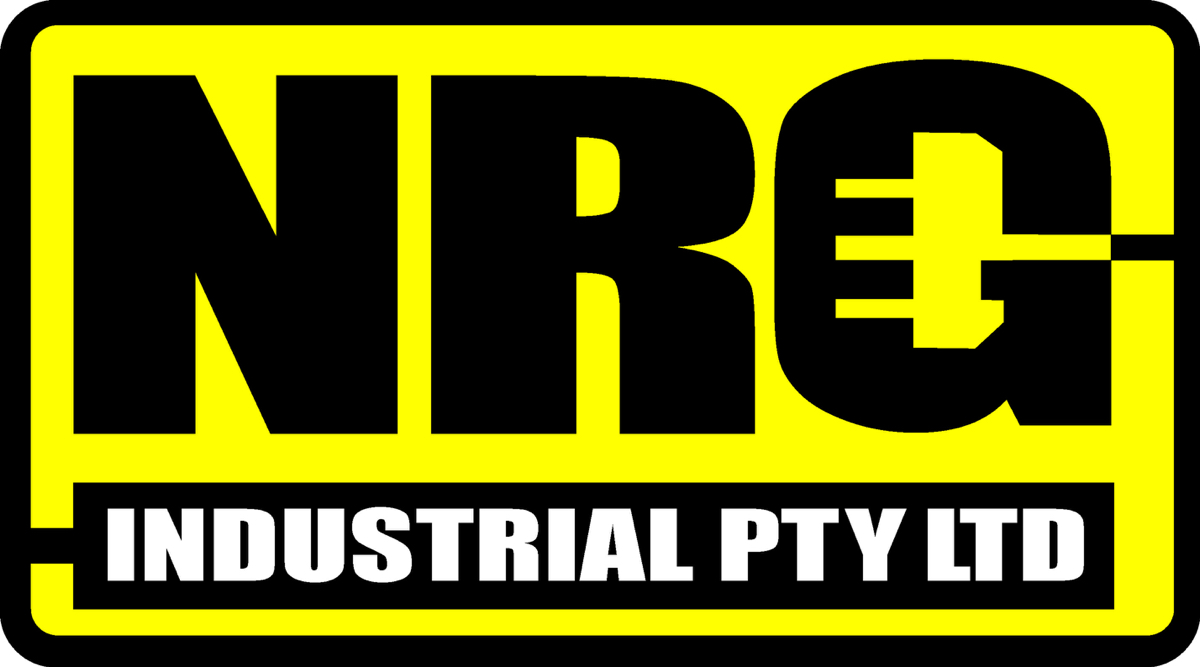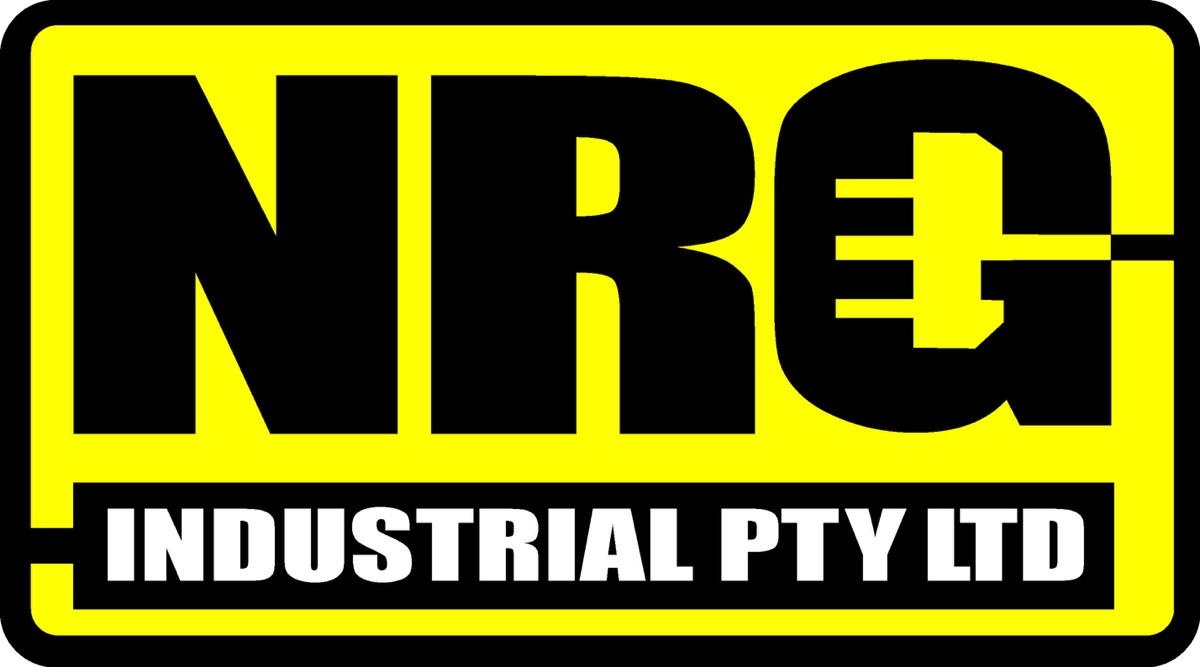Information
-
Document No.
-
Audit Title
-
Client / Site
-
Conducted on
-
Prepared by
-
Location
-
Personnel
Job Safety Analysis
Access permit
-
Safe Access
-
Information about this type
Could have a list of PPE typically used for this hazard -
Permit to dig
-
Information about this type
Could have a list of PPE typically used for this hazard -
High voltage
-
Information about this type
Could have a list of PPE typically used for this hazard -
Hot work
-
Information about this type
Could have a list of PPE typically used for this hazard -
Confined space entry
-
Information about this type
Could have a list of PPE typically used for this hazard -
Limited electrical isolation
-
Information about this type
Could have a list of PPE typically used for this hazard -
Floor removal
-
Information about this type
Could have a list of PPE typically used for this hazard
Energy
-
Gravity
-
Information about this type
Could have a list of PPE typically used for this hazard -
Steam
-
Chemical
-
Electrical (arc flash, shock)
-
Explosion
-
Pressure
-
Noise/Vibration
-
Radiation
Slips/Trips/Falls
-
Heights
-
Ladders//Scaffolds
-
Slippery Surfaces
-
Steps
-
Trip Hazards
-
Uneven Surfaces
-
Any other Trips/Falls/Slips
? Any others?
Working at heights
Job data information
-
Select date
-
Work Order number - Task e.g. 28141234-01
-
Task Description:
Job Safety Check Participants.
-
Enter in the names of the Job Safety Check participants - each person must sign.
Name
-
Add signature
Risk Identification
-
HIGH RISK TASK LIST
-
To enter a trench more than 1.5 metres down.
-
When entering a confined space.
-
When using a hazardous substance.
-
When using explosives.
-
When removing a guard.
-
Working at height where there is a potential to fall from one level to another and sustain serious injury ( mandatory at 2 metres for construction work)
-
Structural alterations that require temporary support to prevent collapse.
-
Work on or near exposed energised electrical installation.
-
Tilt up and precast construction work.
-
If you have selected any checkbox in the above section, the work is a High Risk Activity and/oron the High Risk Task?<br>
-
You MUST undertake a Safe Work Method Statement (SWMS)
http://google.com -
Is there any member of the workgroup associated with this job not familiar with the task being performed?
-
You MUST undertake a Safe Work Method Statement (SWMS) with the person/s identified as unfamiliar with the task.
http://google.com -
Add the name of the person/s who is/are unfamiliar with the task.
unfamiliar persons name.
-
Add signature
Identify Hazards and controls.
-
Risk Matrix
-
Hazard/s (Identify hazards in the task/work area)
Hazard
-
What do you assess the consequence level to be if the identified risk occurred?
-
How likely do you think this identified risk for this activity is to occur?
-
This is a high risk activity and a Managers decision is required to determine if the risk is acceptable and within current business practices and considered additional controls.
-
This is a medium risk activity and a Superintendents decision is required to determine if the risk is acceptable and within current business practices and considered additional controls.
-
How likely do you think this identified risk for this activity is to occur?
-
This is a high risk activity and a Managers decision is required to determine if the risk is acceptable and within current business practices and considered additional controls.
-
This is a medium risk activity and a Superintendents decision is required to determine if the risk is acceptable and within current business practices and considered additional controls.
-
Enter any controls that exist or you have implemented to mitigate the risk
Control






